Are you preparing for retirement? Whether you’ve recently entered the workforce or are a seasoned vet, preparing for your retirement should be at the top of your “to-do” list, and if you fail to prepare, you should prepare to fail. The last place you want to find yourself is at the cusp of 50 years old, having not yet begun a retirement account of some sort. Luckily for you, there are a variety of options available at your fingertips when it comes to preparing for retirement. You will need to research your options and determine which suits your current and future-self best. If your goal is to receive a 15% discount on dinner, then turning 65 will get you that, but sitting on a beach somewhere sipping cocktails comes at a price. I don’t know about you, but I would rather retire knowing I have more money than less to carry me through my non-working years.
A survey from the Insured Retirement Institute showed that a majority of workers not only do not have sufficient savings for their retirement but are also not putting enough in to account for the slack. In fact, only around 35% of people can honestly say that their retirement savings are on track. Life has a way of going by in the blink of an eye, and this is not something you want to procrastinate on. Not only do we recommend having a retirement account in place, but we also recommend increasing your contribution to the account as you grow financially. In other words, you will ideally be contributing a greater amount when you are 30 years into your career than when you first began as you are likely making a higher salary. Below are 3 examples of retirement accounts that may suit your needs, though keep in mind as we stated previously there are more where these came from.
1. 401(k)
One of the more popular retirement accounts which would be offered through your employer is a 401(k). Not all employers are at liberty to offer this account so you will have to verify if this is an option for you. Upon enrollment, you will select either a percentage (%) or flat dollar amount that you would like taken out of your taxable income and set aside into your 401(k) account. One benefit your employer may offer is a 401(k) match which could be anywhere from 1% to 5% for example. This means that if you choose to withdraw 3% of your weekly (or biweekly) taxable income and deposit that into your retirement account, your company will match your 3% deposit, which will give you a total of 6%, and so on. As we stated previously, we recommend increasing your contributions, even if by 1% on a routine basis throughout your career. Keep in mind, that there are rules and regulations regarding this account that you should familiarize yourself with prior to enrolling to avoid penalties.
2. IRA
An IRA or Individual Retirement Account is a type of retirement account that allows you to set aside money in a tax-advantaged way. Unlike a 401(k), an IRA is established without your employer’s involvement. There are different types of IRA accounts such as a Traditional IRA, a Roth IRA, and a Rollover IRA. Many financial experts recommend having up to 85% of your pre-retirement income available to you upon retirement. That being said, an employer-sponsored plan, such as a 401(k) may not allow you to accumulate the recommended savings. Fortunately, you can have both a 401(k) and an IRA accumulating income which would ideally bring you to that 85%. Though taxable upon the withdrawal of funds, an IRA allows for tax-free growth within the account. Each type of IRA offers its own set of benefits so you will need to research which best suits your needs.
3. HSA
An HSA, or Health Savings Account is a type of retirement account that will help to cover any health costs upon retirement. Unfortunately, as we all know, we may not be as limber in our older years, and we may require more medical attention. To enroll in an HSA, you must have a high-deductible health insurance plan. This retirement account, like the IRA, will be funded privately by you, and you are allowed to contribute up to a certain dollar amount per year. Though the amount set aside in your HSA is tax-deductible, withdrawals can be made tax-free if they are used to compensate for qualifying medical expenses.
These are a few common retirement savings plans that can be beneficial to a wide audience and are highly recommended. Remember, it is never too early to begin preparing for your retirement! For further information please give us a call at (518) 275-4816!
LATEST READS FROM WALRATH RECRUITING:




